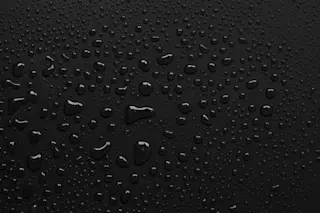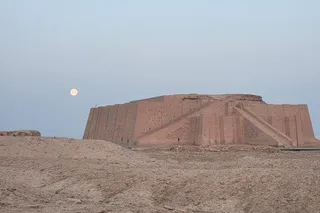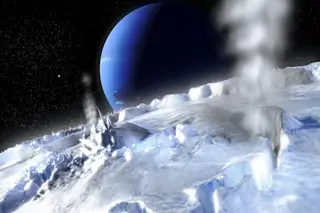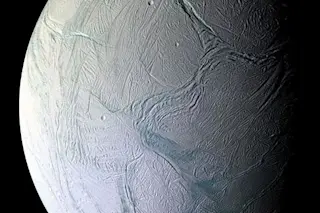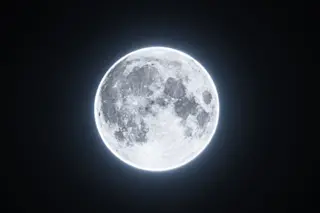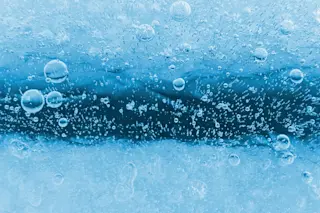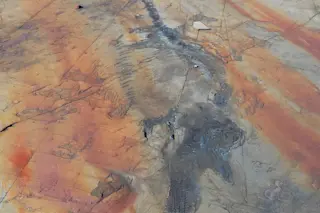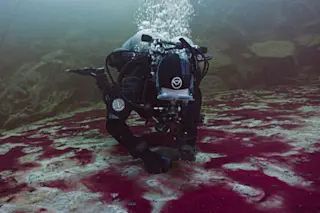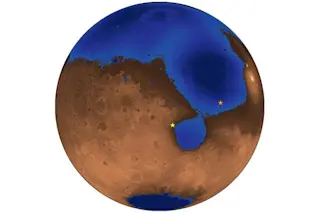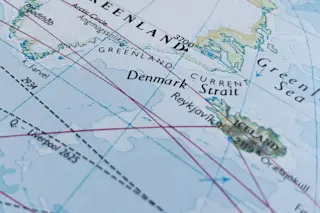It’s a paradox: Life needs water to survive, but a world full of water can’t generate the biomolecules that would have been essential for early life. Or so researchers thought.
Water is everywhere. Most of the human body is made of it, much of planet Earth is covered by it and humans can’t survive more than a couple of days without drinking it. Water molecules have unique characteristics that allow them to dissolve and transport compounds through your body, provide structure to your cells and regulate your temperature. In fact, the basic chemical reactions that enable life as we know it require water, photosynthesis being one example.
However, when the first biomolecules like proteins and DNA started coming together in the early stages of planet Earth, water was actually a barrier to life.
The reason why is surprisingly simple: The presence of water prevents chemical compounds from losing water. Take, ...


